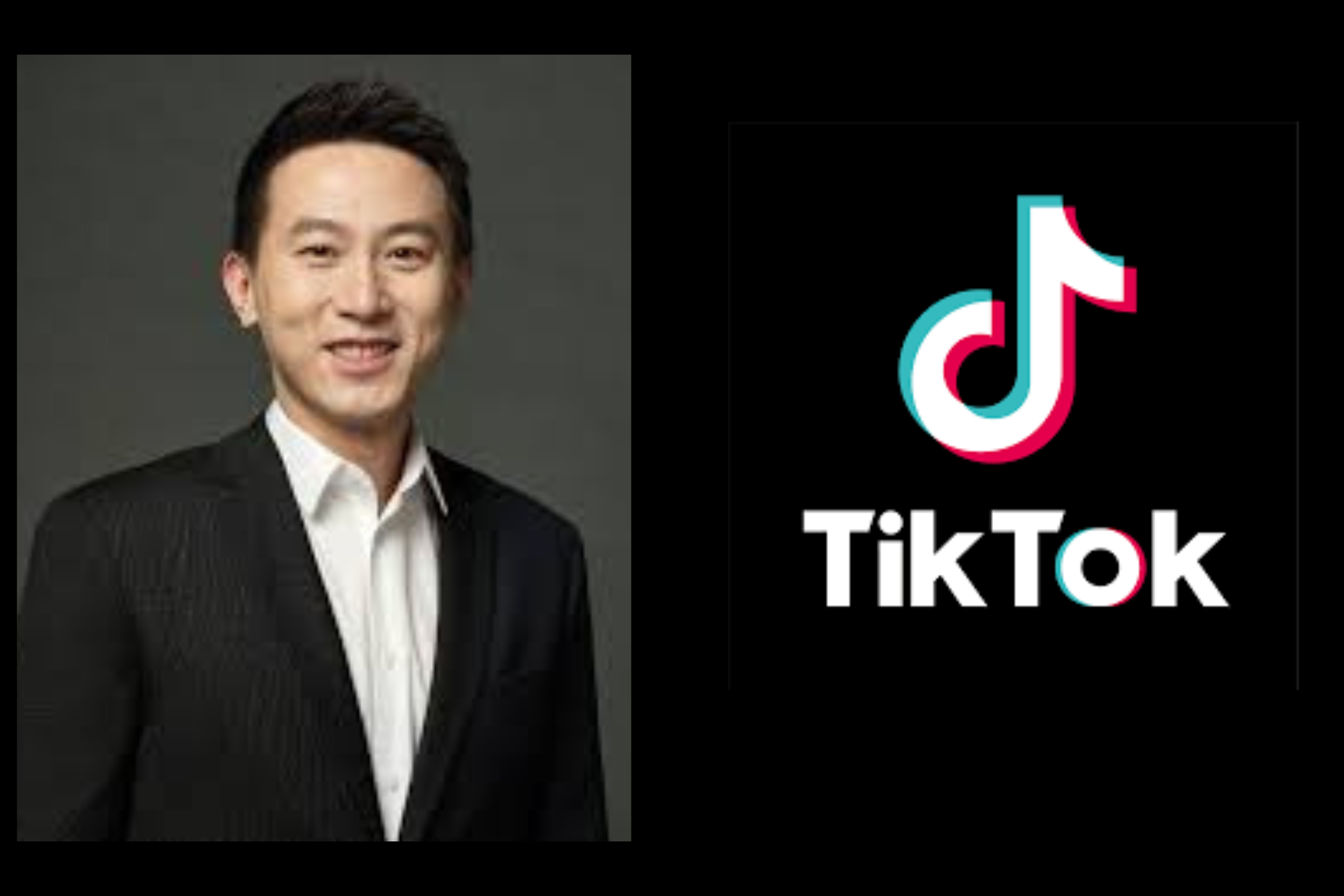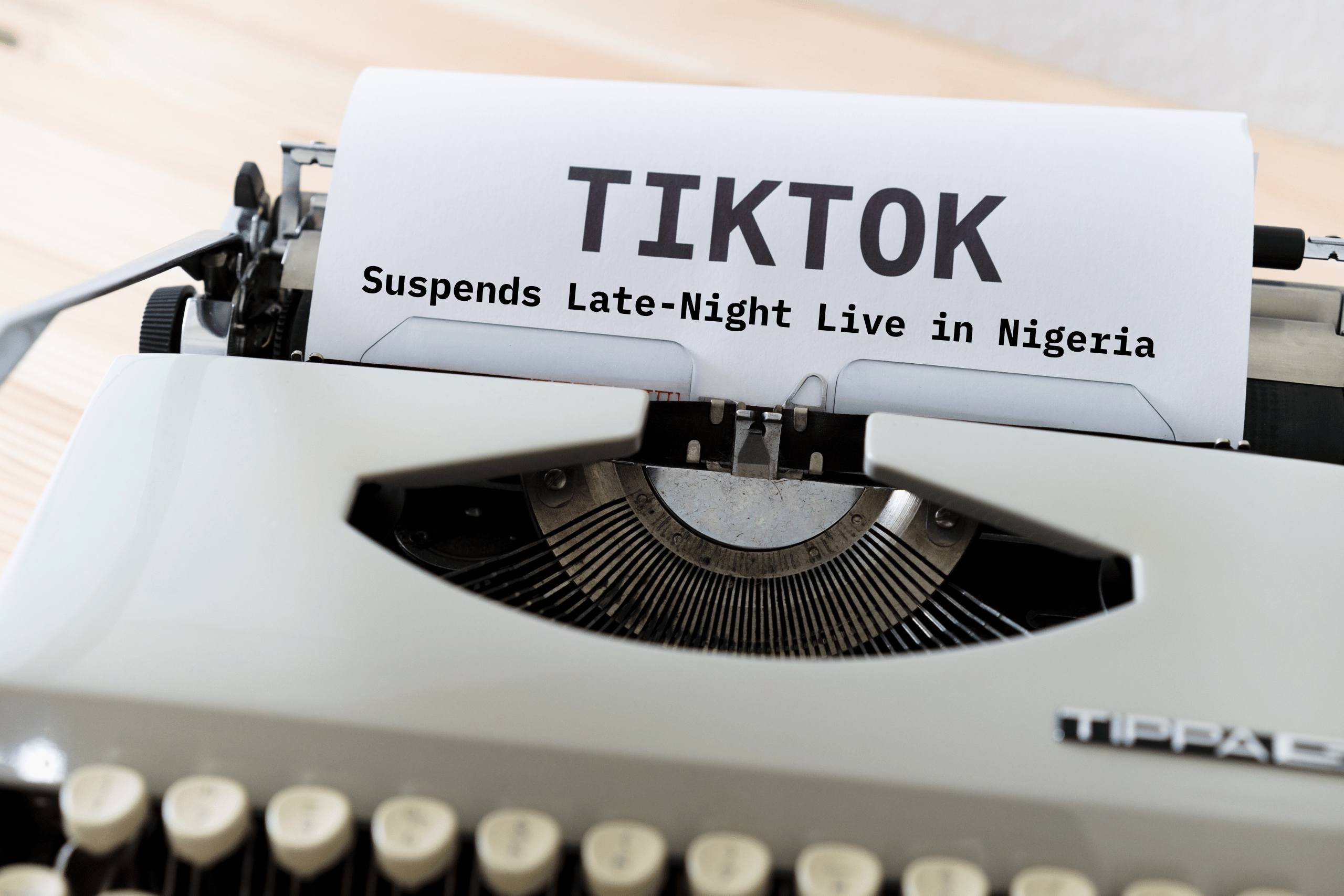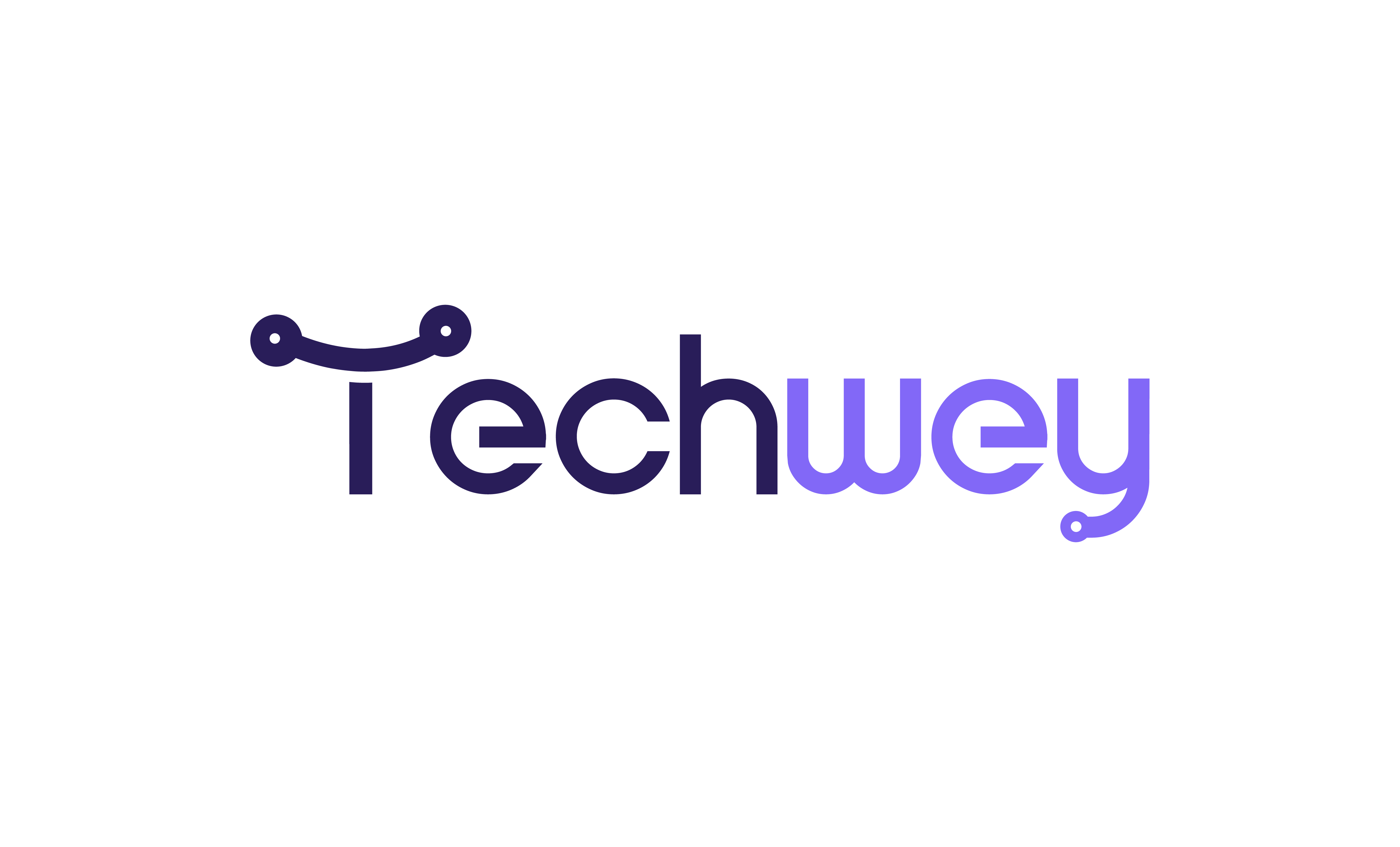
Since its launch in 2016, TikTok has become a global phenomenon, captivating millions with its short-form video content. Behind its meteoric rise is Shou Zi Chew, the enigmatic CEO who has steered the platform through unprecedented growth and significant challenges.
Chew, a Singaporean executive with a background in finance, took over as CEO of TikTok in 2021. Before joining TikTok, he held prominent roles, including Chief Financial Officer at Xiaomi, a leading Chinese tech company. Chew’s leadership style and global perspective have been instrumental in TikTok’s success, particularly as the app expanded into Western markets.
However, Chew’s tenure has not been without hurdles. The platform has faced intense scrutiny from governments worldwide, particularly concerning data privacy and its ties to its Chinese parent company, ByteDance. This scrutiny reached its peak in the United States, where lawmakers raised concerns about the potential for user data to be accessed by the Chinese government, citing national security risks.
TikTok and the U.S. Ban Controversy
The tension between TikTok and U.S. authorities came to a head when former President Donald Trump attempted to ban the app in 2020. While that ban was temporarily halted by court rulings, the Biden administration has continued to scrutinize the platform. Recently, President Donald Trump signed an executive order delaying the enforcement of a ban on TikTok in the United States by 75 days. This decision provides the Chinese-owned video-sharing app additional time to find a U.S. buyer or restructure its operations to comply with national security concerns (Reuters).
The ban, initially set to take effect on January 19, 2025, was based on apprehensions regarding data privacy and the potential for user information to be accessed by the Chinese government. The executive order directs the Attorney General to postpone enforcing the law, allowing the administration time to determine the appropriate actions concerning TikTok. It also requires the Justice Department to inform companies like Apple, Google, and Oracle that there have been no violations and no liability for actions during the specified period (Reuters).
President Trump emphasized that the order grants him the authority to sell or close TikTok, stating that a decision needs to be made. He also suggested that the U.S. should receive half of TikTok’s value (Investopedia).
TikTok’s Response and the Road Ahead
In response to the executive order, TikTok began restoring its services in the U.S. after a temporary shutdown on January 18, 2025. The company expressed gratitude towards President Trump for the extension, which allows them to continue operations while addressing the government’s concerns (ABC7).
This 75-day reprieve offers TikTok and its parent company, ByteDance, a critical window to negotiate with potential U.S. buyers or partners to ensure compliance with U.S. regulations and alleviate national security concerns. Despite the challenges, Shou Zi Chew has remained optimistic about TikTok’s future, focusing on building trust with governments and users worldwide.
TikTok’s Global Impact
Under Chew’s leadership, TikTok has not only dominated the social media landscape but also reshaped it. The platform’s algorithm, which delivers highly personalized content, has become a gold standard for user engagement. TikTok has also played a significant role in shaping culture, from viral dance challenges to fostering new generations of influencers and content creators.
Yet, as TikTok’s influence grows, so does the scrutiny it faces. Beyond the U.S., several countries, including India, have banned TikTok outright, citing national security and privacy concerns. These developments underscore the broader challenges faced by global tech companies in navigating geopolitical tensions and regulatory landscapes.
Conclusion
Shou Zi Chew’s role as CEO of TikTok places him at the center of one of the most dynamic and contentious stories in tech today. As TikTok continues to evolve, its ability to address security concerns and build trust will be pivotal to its sustained success. For now, the 75-day extension marks another chapter in the ongoing saga of TikTok’s journey in the United States and beyond, with the world watching closely to see how it unfolds.




Leave a Reply